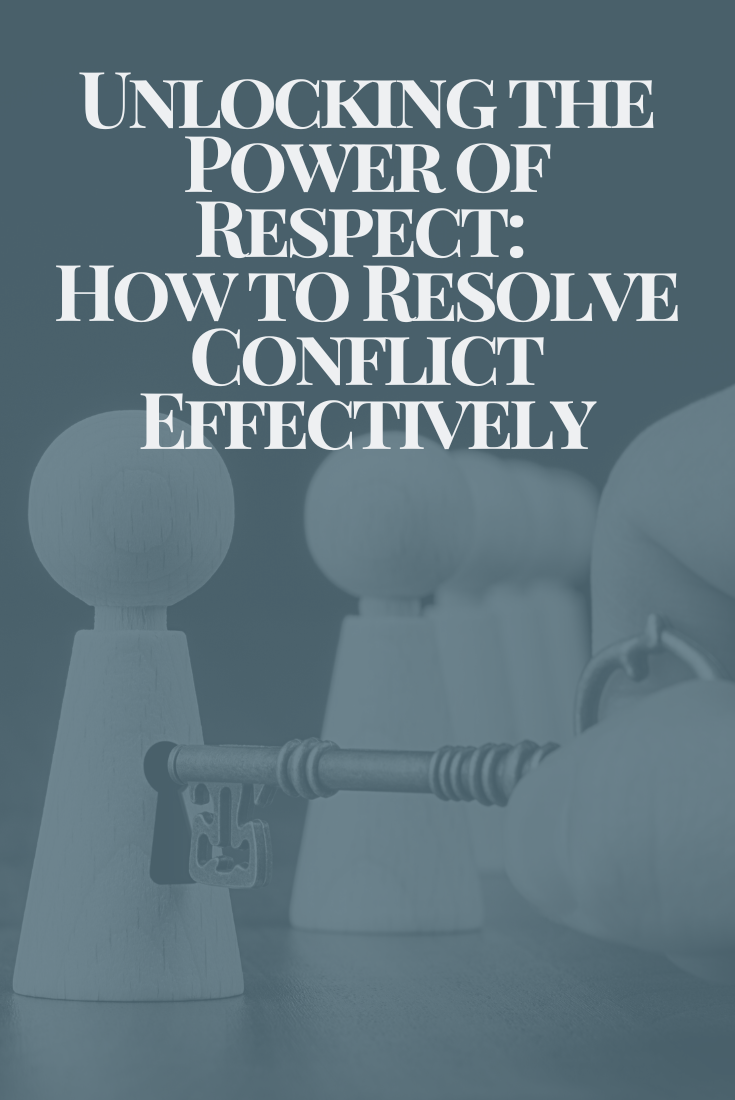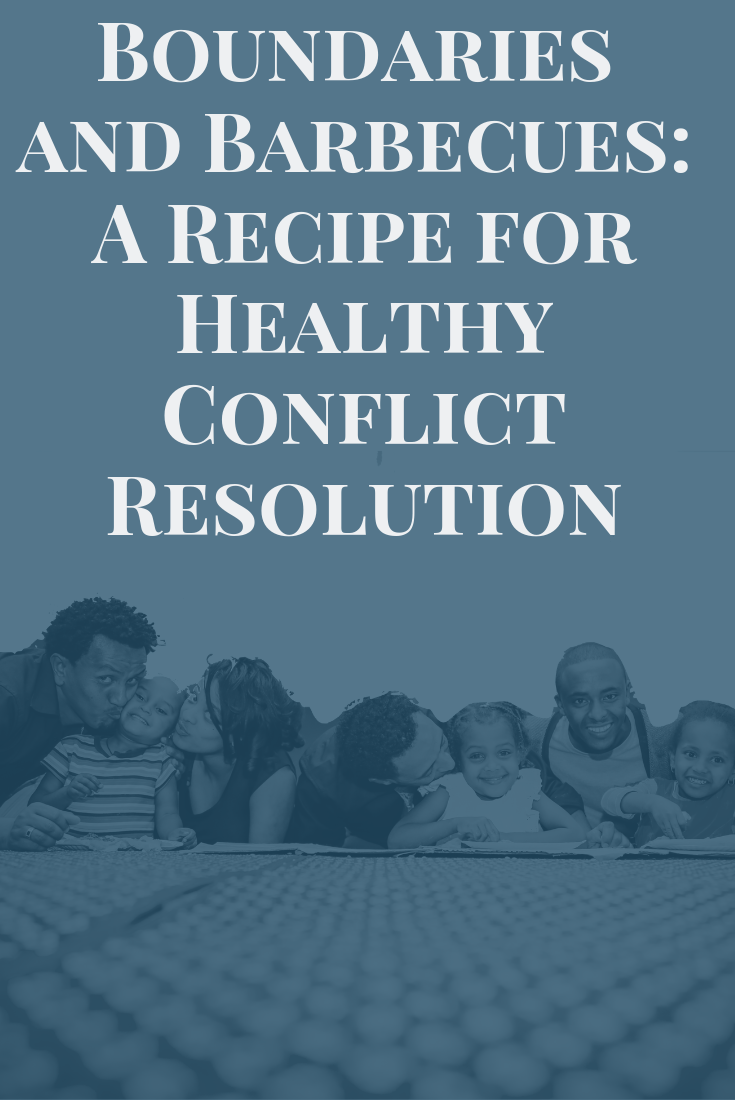Our social harmony has been fragmented by mud-slinging and divisiveness. Clashes between the left and the right have global reverberations. Each side holds negative views about the other, leading to polarization, culminating in political “echo chambers.”
I admit, I've been guilty of this myself at times.
When I do engage with people on the opposite end of my political views, however, I have found the following practical negotiation strategies can lead to respectful and eye-opening debates.
Demand for advice on how to manage everyday conflicts is on the rise.
There’s no denying that the U.S. election struck a nerve with individuals’ deeply held values and identities. Emotions vary, but mostly people are angry.
Helping people engage productively in conflict is what I do. In the past week, I worked with clients who felt hurt, ashamed, disappointed, bullied, fearful, bitter, mistrusting and worse.
Here’s a short list of people who recently sought my assistance:
A wife stopped talking to her husband because he voted for a candidate she believed could end her career.
A daughter wondering if she should “unfriend” her parents because they kept making disrespectful comments about her political beliefs on social media.
An entire department subdivided along ideologies some say has intensified since the election.
Neighbors stopped socializing with one another because the conversations became too toxic
As with any conflict, a win-at-all-costs mindset results in a stalemate. There are no winners.
There are better options and conflict resolution professionals are doing all we can to turn this around. While you may not resolve everything or anything, you can learn to respectfully disagree. After over two decades of working with people's conflicts, I've discovered these five keys to doing this well:
1. Reframe a win.
Let go of believing, “I must win and therefore, you must lose.”
Harvard’s William Ury, suggests creative strategies for moving the goalposts. Find out what they really want, you may be able to give it to them, without losing what you want.
Most likely, you will find they are willing to do the same, or at least meet you somewhere along the way.
If you’ve not heard about it, consider the conflict over an orange.
2. Accept what you can’t change.
As I mentioned in a previous post, you can’t change what others believe, any more than you can alter their core identities.
Your beliefs about what is true are as real to you as theirs are to them. Conversely, as absurd as their beliefs seem to you, believe it or not, yours may seem strange to them.
It's possible to Respect the person, even if you don't share their beliefs.
Simply accepting you cannot change the other person allows you to let go of some of the differences between you.
It costs nothing to reach out and shake hands, right?
You may not agree on everything, but neither of you has to live with the conflict.
3. Acknowledge you don’t know everything.
No matter how intelligent, rational, or evidence-oriented you are, you cannot possibly know what the other person experienced.
The "facts" each of you bring to the table will come with some degree of interpretation and subjectivity.
You cannot see the conflict through their EYES.
You do not know what they know, feel, or believe. (See my previous blog post on this.)
First, recognize how anger is clouding your own judgment.
Then, listen, from an objective and impartial stance, to understand why they see things the way they do.
4. Respect is personal.
It's important to recognize the way each of us defines "respect" is very personal. It's shaped by the way we are raised and what we believe.
Quite often, a person in mediation will say something like, “Everyone knows that behavior is disrespectful.”
The truth is, everyone doesn’t operate from the same set of rules.
If you feel disrespected, try negotiating with the other person about what respect means. I've found this to be very effective.
Be prepared for them to make requests that you should also respect. To learn more about the role of respect in conflict, download our free workbook.
5. Be the change.
Take cues from leaders, such as Mahatma Gandhi and Nelson Mandela, who literally risked their lives to build peace.
If you want the conflict behind you, take the first step toward letting go of the need to win.
In the context of Maslow’s hierarchy of needs, what do you really have to lose? Giving someone a moment of respect does not mean giving up or giving in. In fact, as I have seen with my own clients, it can be empowering.
Respectful disagreements are possible, even in our polarized world. You don’t believe me? Listen to this kid break it down.
Most importantly, I find comfort in the fact that, despite our actions throughout history, we humans are predisposed to resolve conflicts peacefully.
Peace!











